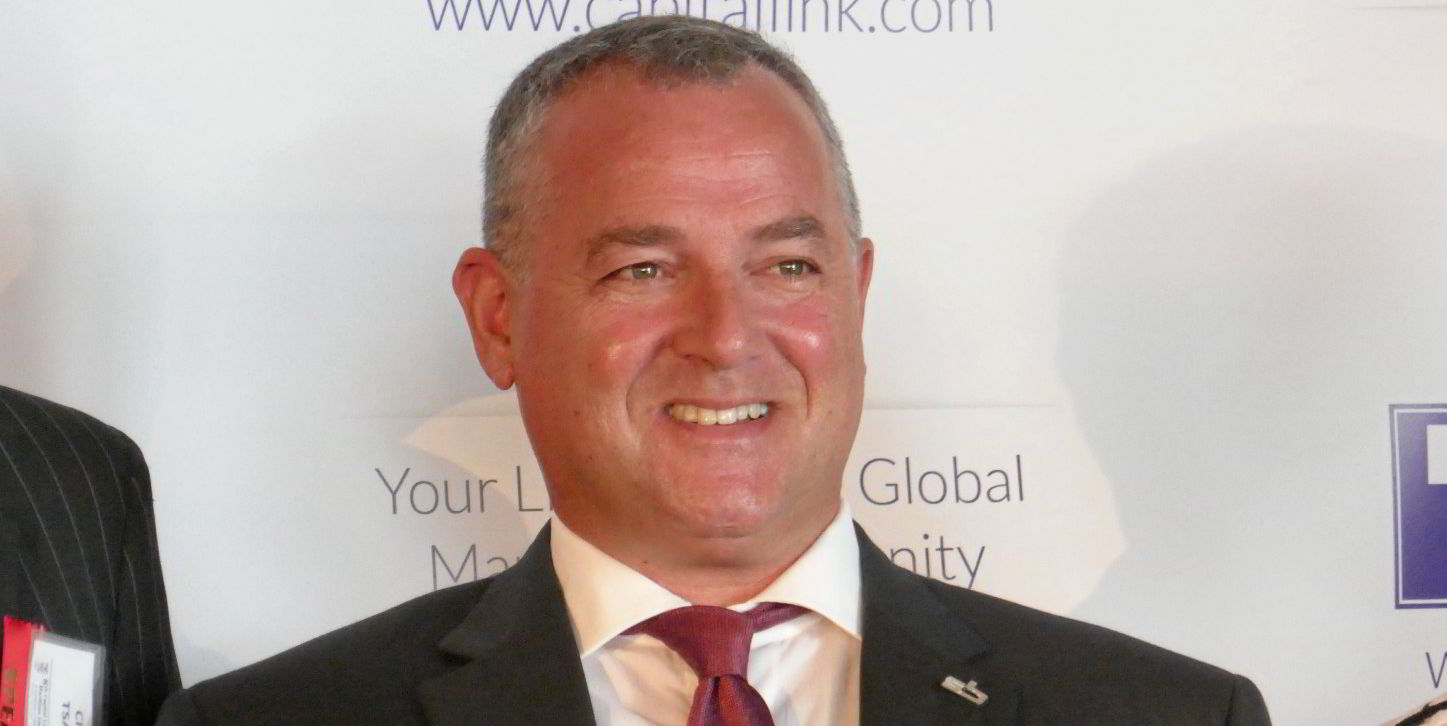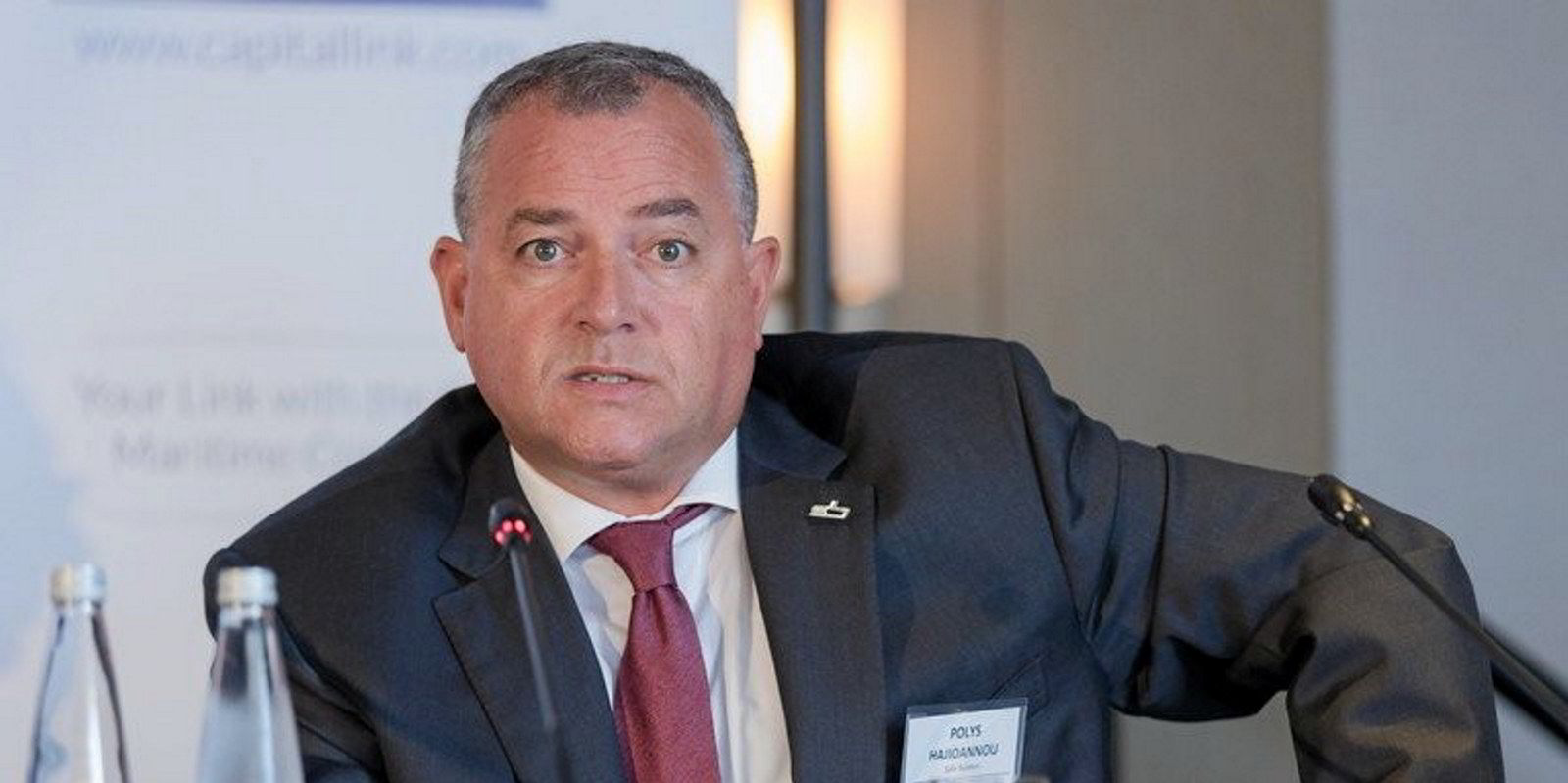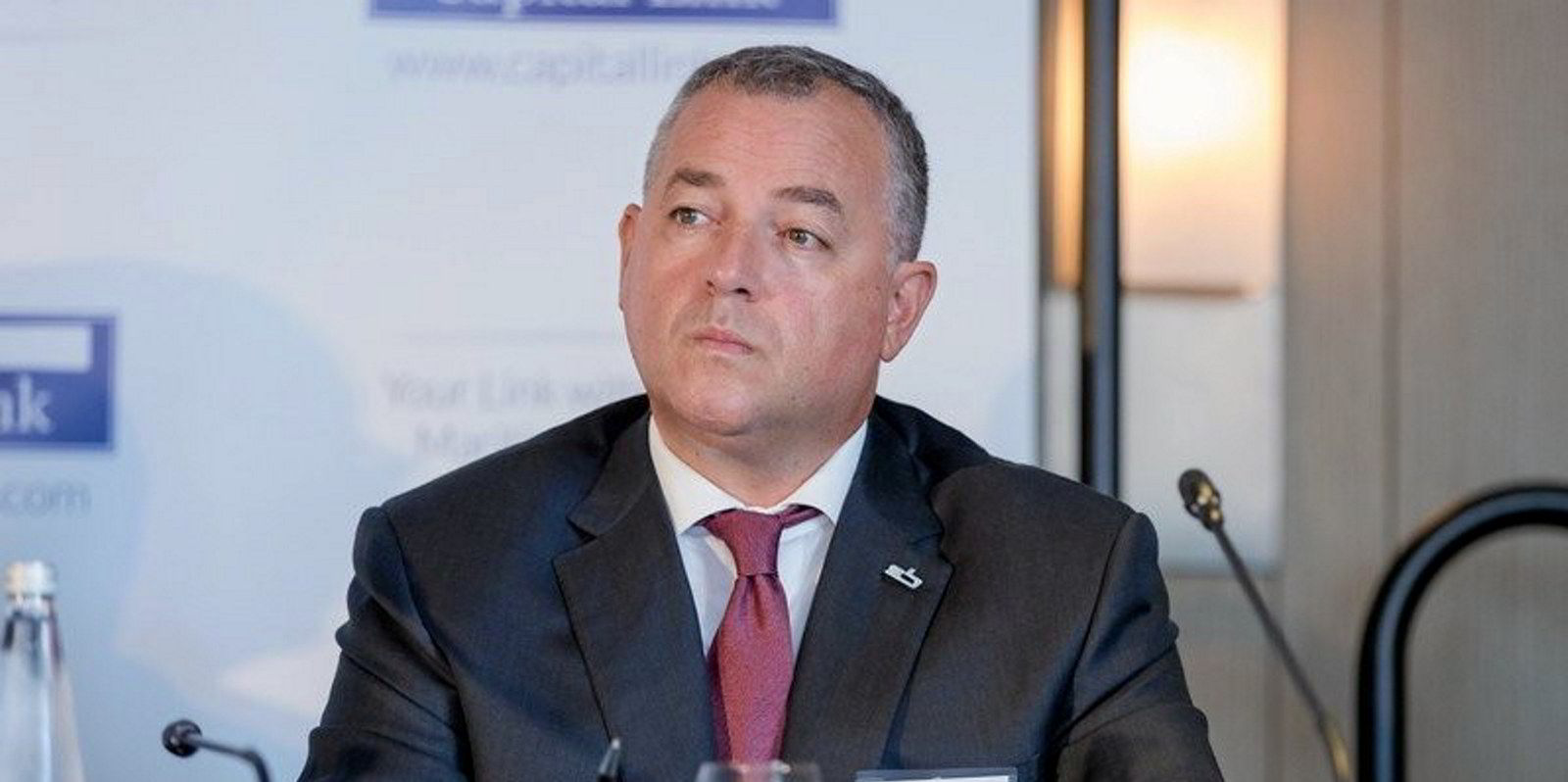Safe Bulkers announced on Tuesday the signing of yet another newbuilding — its 15th in the past three years.
However, unlike its most recent order back in October, the Polys Hajioannou-led company did not order more dual-fuelled methanol ships but switched back to conventionally-fuelled units instead.
Its latest newbuilding is a 82,000-dwt kamsarmax to be delivered in the first half of 2026 by an unidentified Japanese yard with a view to meeting the latest EEDI Phase 3 requirements and complying with the IMO’s latest NOx-Tier III rules.
It shares those characteristics with all the other newbuildings, which Safe Bulkers has been ordering in Japan since 2020 to renew its fleet of nearly 50 bulkers.
“This newbuild with a relatively prompt delivery is consistent with our ESG strategy and reflects our ambition to be in the forefront of environmental developments,” company president Loukas Barmparis said.
Safe Bulkers made a more daring newbuilding step in October, when it announced booking its first methanol-fuelled vessels at the Tsuneishi Shipbuilding Group.
Hajioannou subsequently said the only reason he ordered the dual-fuelled vessels was to lock in low shipbuilding prices available to him, as well as to avoid paying some regulatory fuel fines he expects to be imposed on conventional vessels in the future.
Speaking at the Maritime Cyprus conference in October, Hajioannou also said he ordered the two dual-fuel vessels without any signs yet that charterers were prepared to pay premium rates that would financially justify them.
Safe Bulkers’ newbuilding orders are part of an extensive fleet-renewal strategy that also sees the company sell or upgrade older vessels.
In late November, the firm announced divesting the 82,000-dwt Pedhoulas Cherry (built 2015) to an undisclosed buyer for $26.6m.
Safe Bulkers’ current fleet in the water consists of 46 vessels with an average age of 10.5 years.





